12 Things in Your Pantry You Should Toss Right Now
It is easy for our pantry shelves to fill up with things we no longer need or use. Some items that have been sitting around too long can lose their flavor or, worse, become unsafe. By tossing out the expired or unnecessary products, you can make room for what really matters. If you have been avoiding certain pantry items, now is the time to take action.
This post may contain affiliate links, which helps keep this content free. Please read our disclosure for more info.
Expired Canned Goods
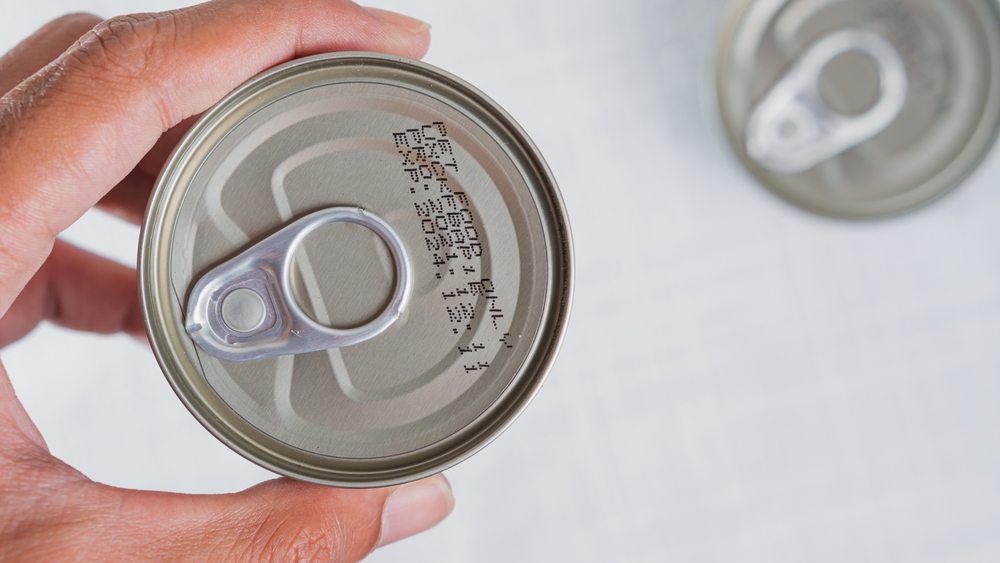
Canned goods are convenient and have long shelf lives, but they do not last forever. Over time, the food inside can lose its quality or even become unsafe to eat. If a can is past its expiration date or the lid is dented, it’s best to discard it. Always check for rust, bulging, or any signs of leakage before deciding to keep it.
Canned food should be used within a year or two after purchase, and even sooner for certain items like beans or tomatoes. It’s easy to forget about them in the back of the pantry, but regularly checking your supplies can prevent you from holding on to outdated cans. Toss any that are no longer fit for consumption to make room for fresh options.
Old Spices and Seasonings
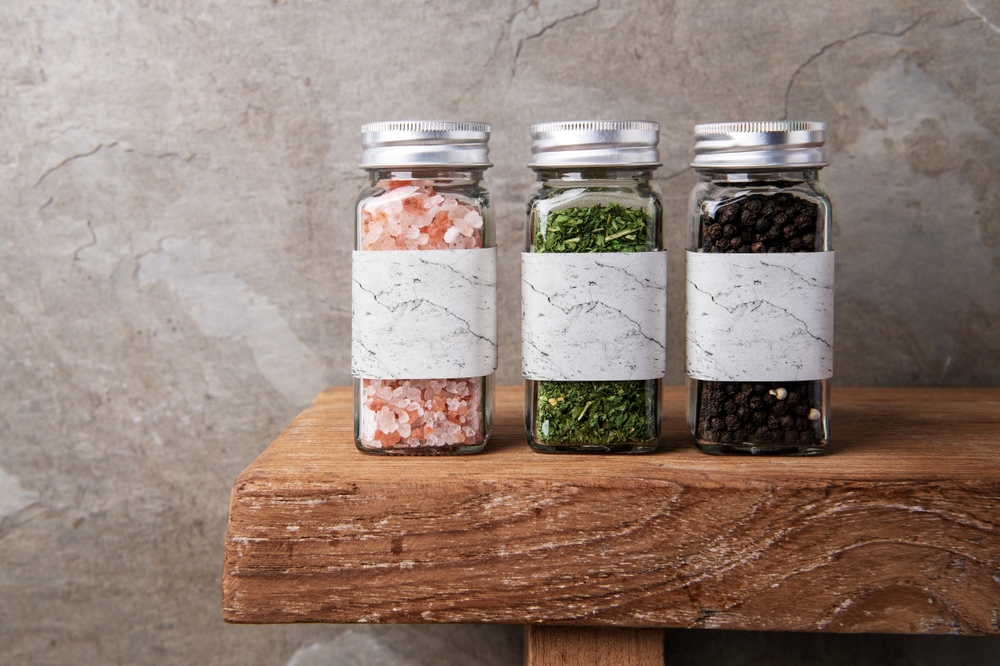
Spices are essential for flavoring your meals, but they lose their potency over time. If you have spices sitting around for years, their flavor and aroma may have diminished significantly. While they may not pose a health risk, they will not provide the same flavor experience they once did. Check the expiration dates or sniff them to determine if they are still effective.
Ground spices have a shorter shelf life than whole spices, so if you have any that are years old, they should be replaced. Spices should be stored in a cool, dark place and used within a reasonable time frame to maintain their full flavor. Toss any that no longer have the zest they once offered.
Sugar and Flour Past Their Best Before Dates
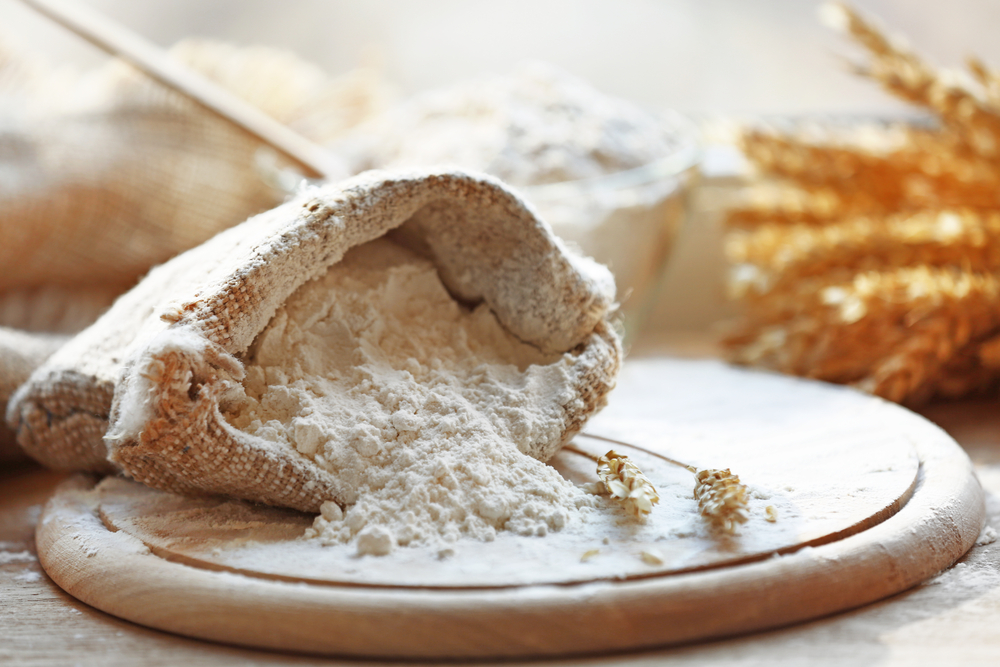
Flour and sugar are pantry staples, but like any other food, they eventually go bad. While sugar may not spoil in the same way as perishable foods, it can clump and lose its texture. If your flour has been in the pantry too long, it may attract pests or become stale. Be sure to check for any changes in texture, smell, or color before using them.
Flour and sugar should be replaced every 6 to 12 months for optimal use. If you find flour with a rancid or sour odor, it is best to throw it out. Also, if you see any signs of bugs, such as small black specks or webbing, discard the items immediately.
Expired Baking Powder and Baking Soda
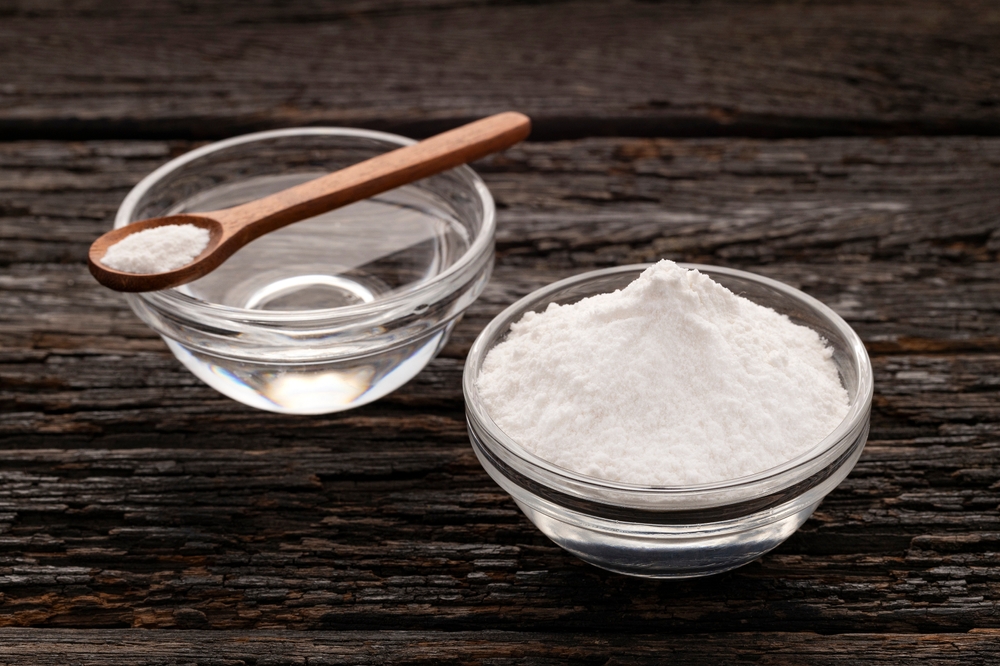
Baking powder and baking soda are essential for many recipes, but they lose their leavening power over time. Once these items are past their expiration date, they will not help your baked goods rise as they should. To test if baking soda is still active, simply mix it with a bit of vinegar. If it fizzes, it’s good to use, but if not, it’s time to toss it.
Baking powder should also be checked for its effectiveness. If it’s more than 6 months old, or has changed color or consistency, it may not provide the lift your recipes need. To avoid future waste, write the purchase date on the packaging so you know when it’s time to replace.
Outdated Pasta and Rice
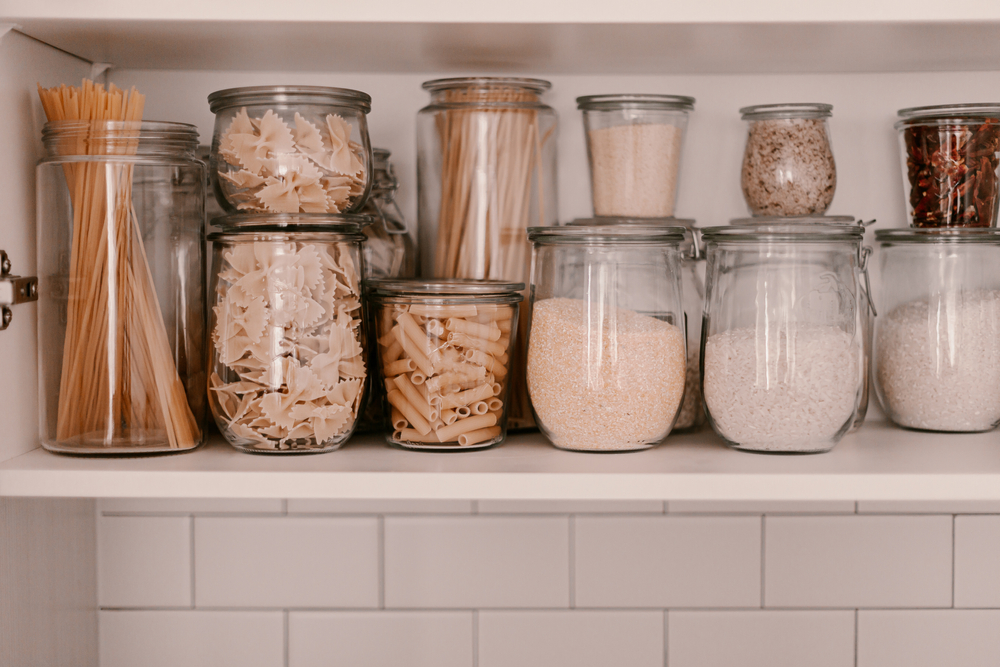
Pasta and rice have long shelf lives, but they can lose their flavor or become stale over time. If you’ve had a box of pasta for years, it may not be as fresh or flavorful as it once was. Similarly, rice can attract pests if stored improperly or beyond its shelf life. Always check for any visible signs of bugs or changes in texture before using.
Even though rice and pasta are not typically dangerous to eat past their expiration dates, they are best used within the time frame suggested on the packaging. If you discover your pasta is clumpy or your rice has a strange odor, it is time to throw it out. Ensure you store them in airtight containers to extend their freshness.
Moldy Nuts and Dried Fruit
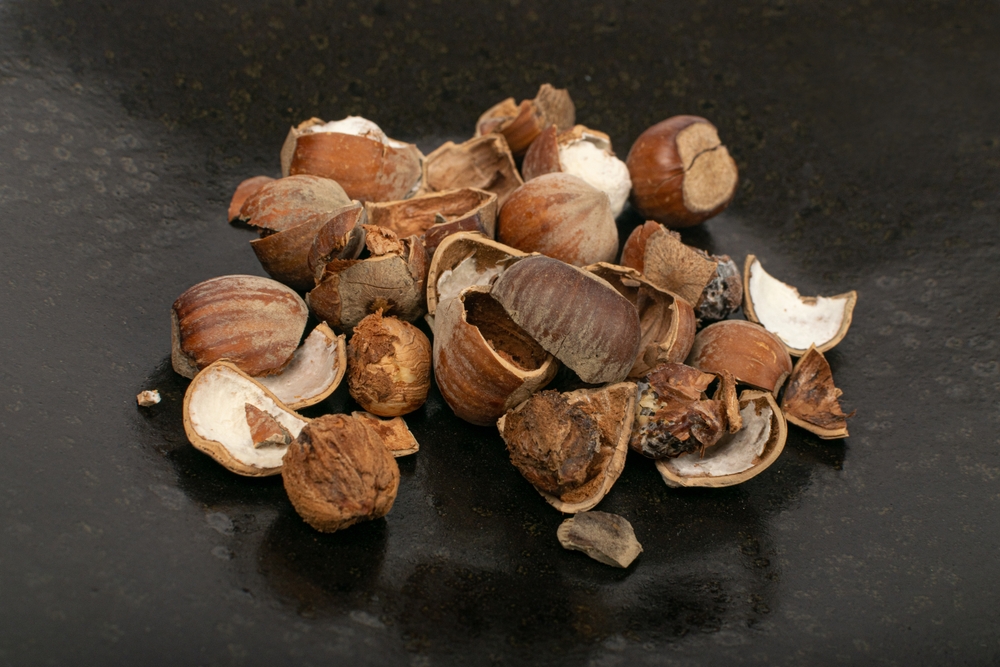
Nuts and dried fruits are packed with nutrients, but they are also prone to going rancid. If you notice any mold, strange discoloration, or an off smell, these items need to be discarded. The oils in nuts can go rancid over time, especially if not stored in an airtight container. Dried fruits can also lose their moisture and become overly tough or sticky.
Always check your nuts and dried fruits for any signs of mold or off smells before consuming. If you have stored them improperly or for too long, it’s better to toss them and replace them with fresh versions. Nuts should be kept in the refrigerator to prolong their shelf life, while dried fruits should be stored in a cool, dry place.
Stale Crackers and Chips
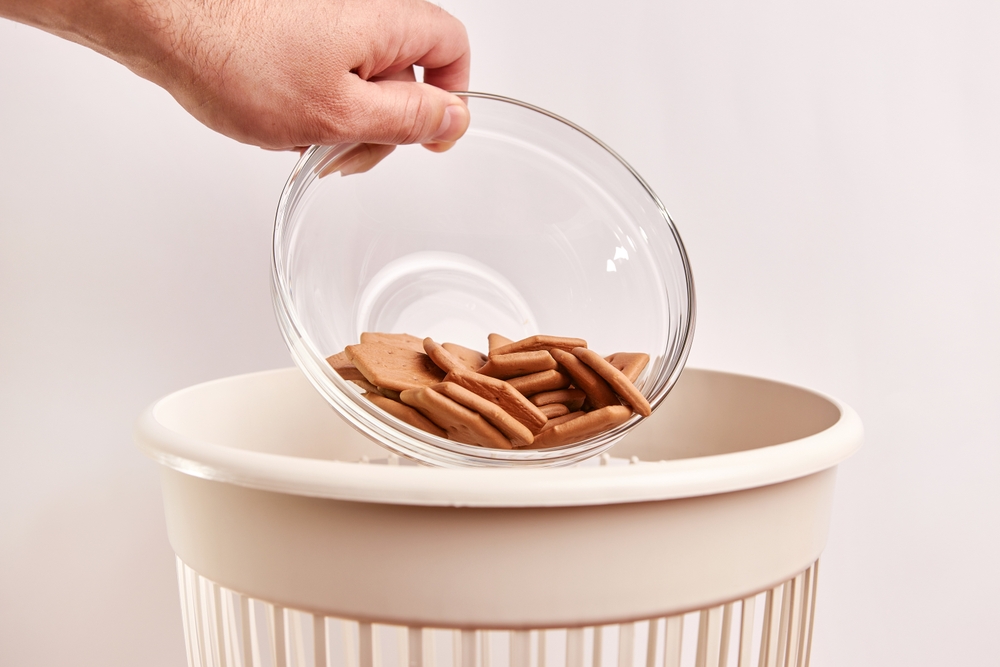
Crackers and chips are great snacks, but they lose their crunch when stored for too long. Over time, they absorb moisture or air, causing them to go stale. If you find that your chips or crackers are no longer crisp and have a stale or off taste, it’s time to toss them out. These snacks can also lose flavor after their expiration date.
Be sure to seal these items tightly to preserve their freshness, and check for any signs of mold or an unusual smell. If they’ve been opened for months and have lost their original texture, it’s best to replace them. Always store chips and crackers in a cool, dry place to keep them at their best.
Outdated Cereal
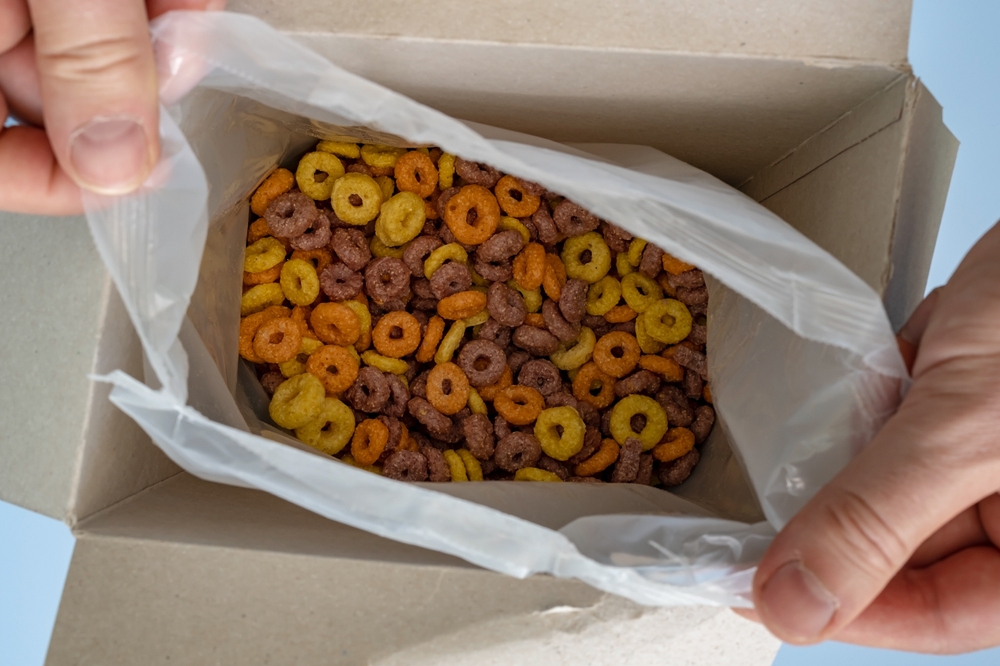
Cereal can lose its crunch and flavor after sitting in your pantry for too long. It may not spoil in the traditional sense, but stale cereal can be unappetizing and hard to eat. Always check the expiration date and look for any signs of moisture or insects before digging in. Cereal with a stale or rancid taste should definitely be discarded.
If your cereal has been open for more than a few months, it may not be fresh enough to enjoy. You can preserve its quality by sealing the bag tightly or transferring it to an airtight container. Keep track of how long you’ve had the cereal in your pantry to avoid wasting food.
Overripe or Soft Produce
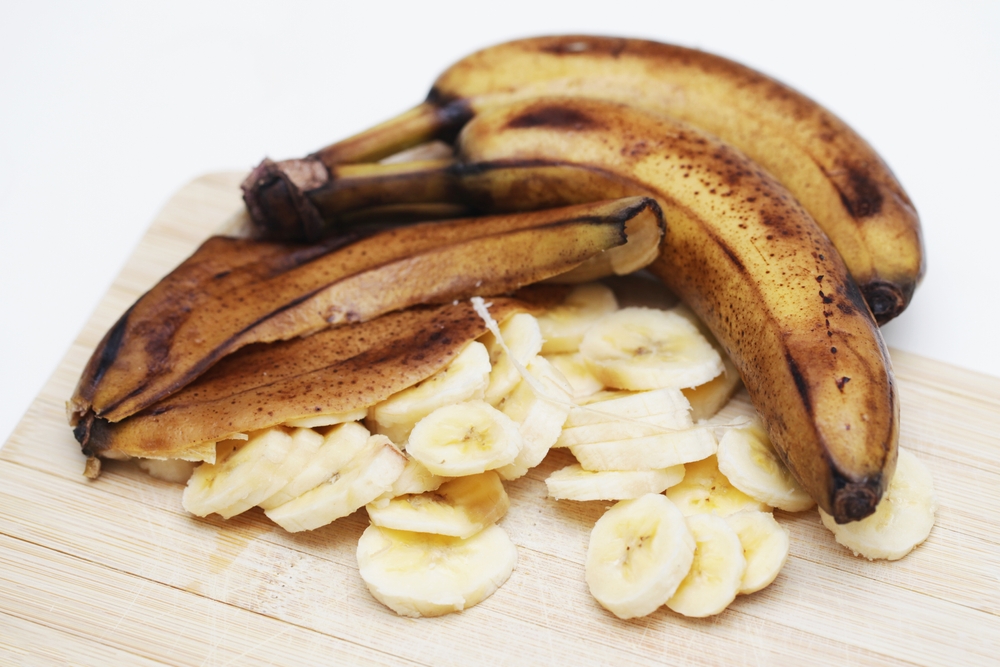
Pantries can sometimes hold on to fruits and vegetables that should have been used up weeks ago. Produce that has gone soft or has started to rot can harbor bacteria and attract pests. Items like onions, garlic, or potatoes should be inspected regularly to make sure they are still good to use. Discard any produce with visible mold or a strong unpleasant odor.
You can extend the life of your produce by storing it properly in a cool, dry place or in a ventilated container. Once produce starts to soften or sprout, it’s best to toss it. Keep your pantry organized and check on your fruits and vegetables frequently to avoid waste.
Expired Oils
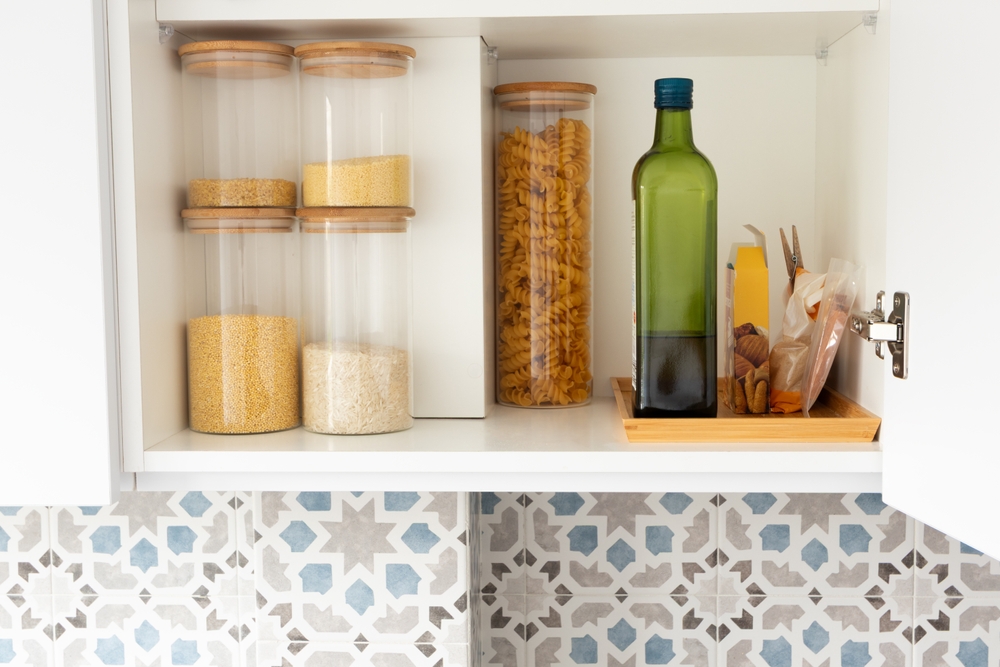
Cooking oils have a long shelf life, but they can go rancid over time. Olive oil, vegetable oil, and other cooking oils may lose their flavor and develop a bitter taste after their expiration date. You can tell if an oil has gone bad by its smell—it will often have a sour, unpleasant odor. Toss any oils that are past their prime to avoid using them in your recipes.
Store oils in a cool, dark place to keep them fresh for longer. Always check the expiration date before use and pay attention to any changes in texture or color. Rancid oil can ruin the flavor of your food, so it is always better to replace it when needed.
Expired Honey

Honey is one of the few foods that technically does not spoil. However, it can crystallize or change in consistency over time, making it less desirable for use. If your honey has hardened, you can warm it gently to restore its liquid form. If it has an odd smell or color, it is better to toss it out.
Honey should be stored in a cool, dry place to maintain its quality. While it does not go bad, it can lose its original texture. Make sure to check for any unusual changes before using it in recipes.
Expired Tea and Coffee
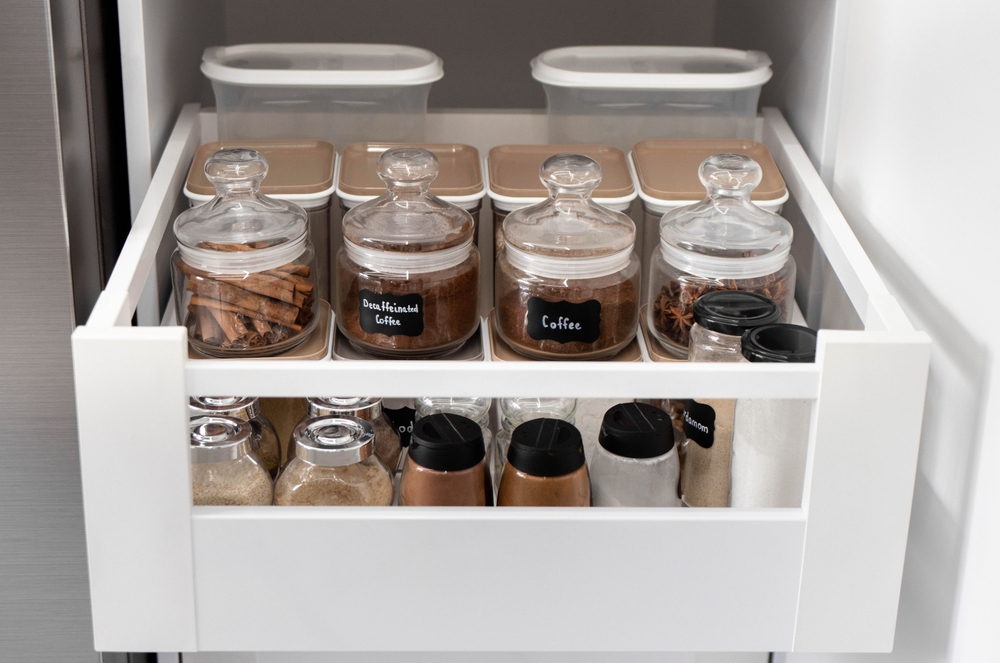
Tea and coffee are essentials in many pantries, but over time, they lose their freshness. Coffee beans and tea leaves can go stale, leading to a flat or unpleasant taste. If your tea bags or coffee have been sitting for over a year, they are no longer ideal for consumption. Check for any changes in aroma or flavor before brewing your next cup.
Store coffee and tea in airtight containers and away from heat or moisture. If the flavors are no longer vibrant, it is time to replace them. Keep an eye on your tea and coffee supplies to avoid wasting them.
This article originally appeared on Avocadu.
